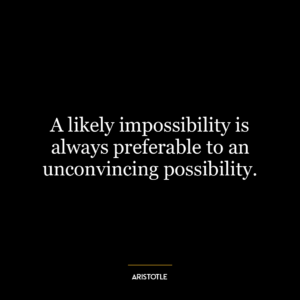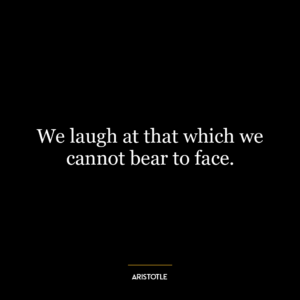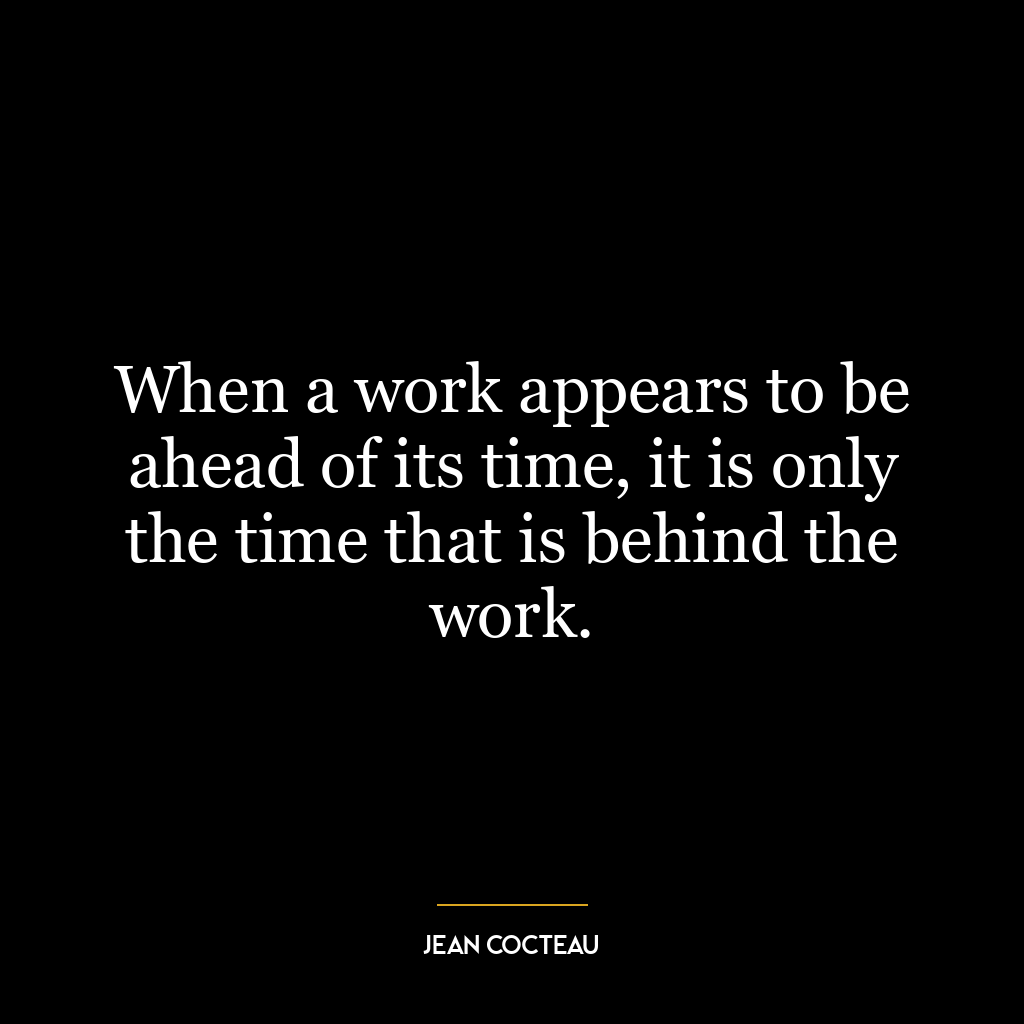This quote is a profound commentary on perspective and judgement. It suggests that the way we perceive and label others is often a reflection of our own traits, fears, and insecurities. A coward, someone who is excessively afraid or timid, might see a brave person’s daring actions as rash or reckless because they themselves would never dare to take such risks. On the other hand, a rash person, someone who acts without thinking or consideration for the consequences, might see a cautious person as a coward because they don’t understand the value of careful consideration and restraint.
This quote is essentially saying that our judgments of others are often biased and subjective, influenced by our own personalities, experiences, and fears. It highlights the importance of empathy and understanding in our interactions with others, reminding us to consider the perspectives of those who are different from us before passing judgement.
In today’s world, this quote is highly relevant. We often judge others based on our own perspectives and experiences without considering their unique circumstances or viewpoints. This can lead to misunderstandings, conflicts, and divisions. For example, in politics, one party might see another’s caution as weakness, while that party views their own actions as necessary prudence. Similarly, in a business setting, a risk-taker might see a cautious colleague as overly timid, while the cautious person might view the risk-taker as reckless.
In terms of personal development, this quote can serve as a reminder to be mindful of our own biases and to strive for empathy and understanding in our interactions with others. It encourages us to step out of our own perspective and consider the viewpoints of others before passing judgement. This can lead to greater empathy, improved relationships, and a more nuanced understanding of the world around us. It also encourages us to reflect on our own actions and how they might be perceived by others, promoting self-awareness and personal growth.















